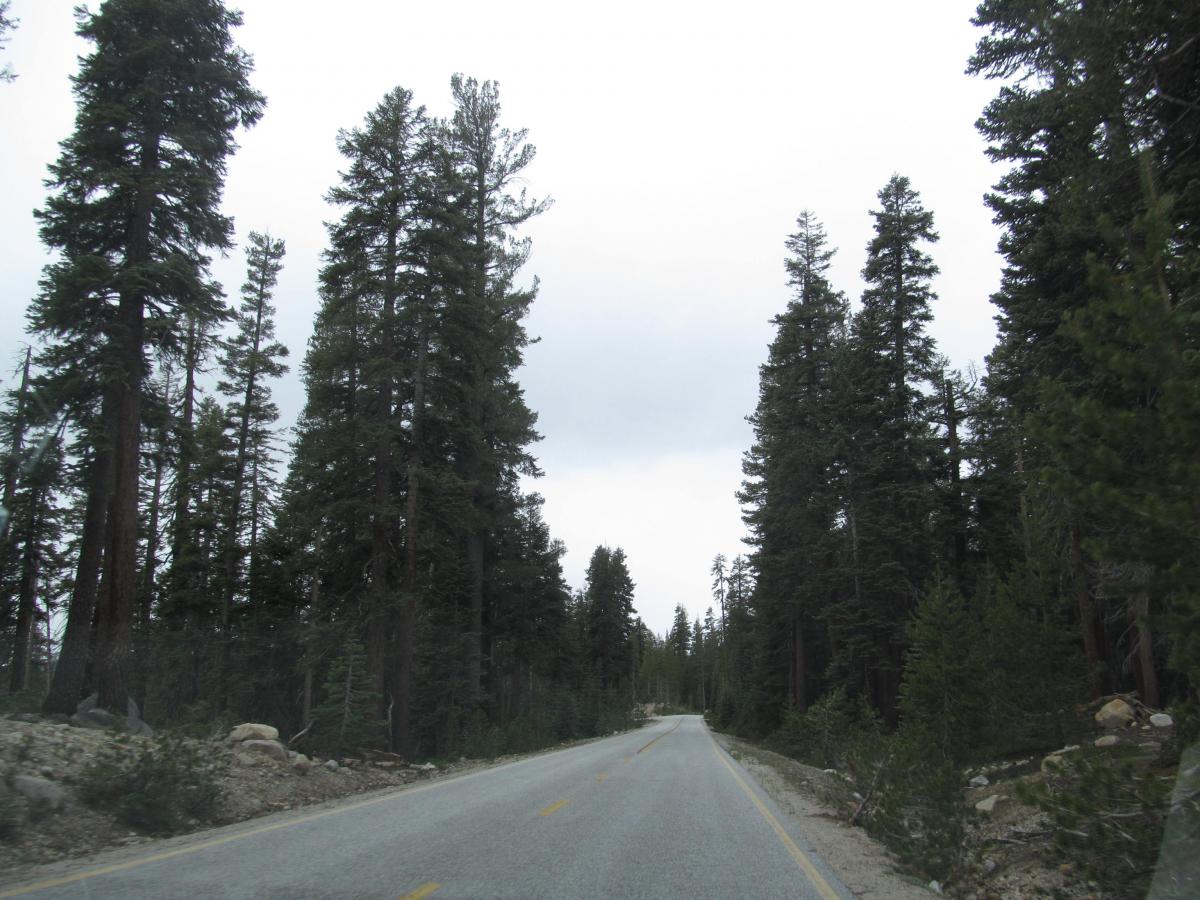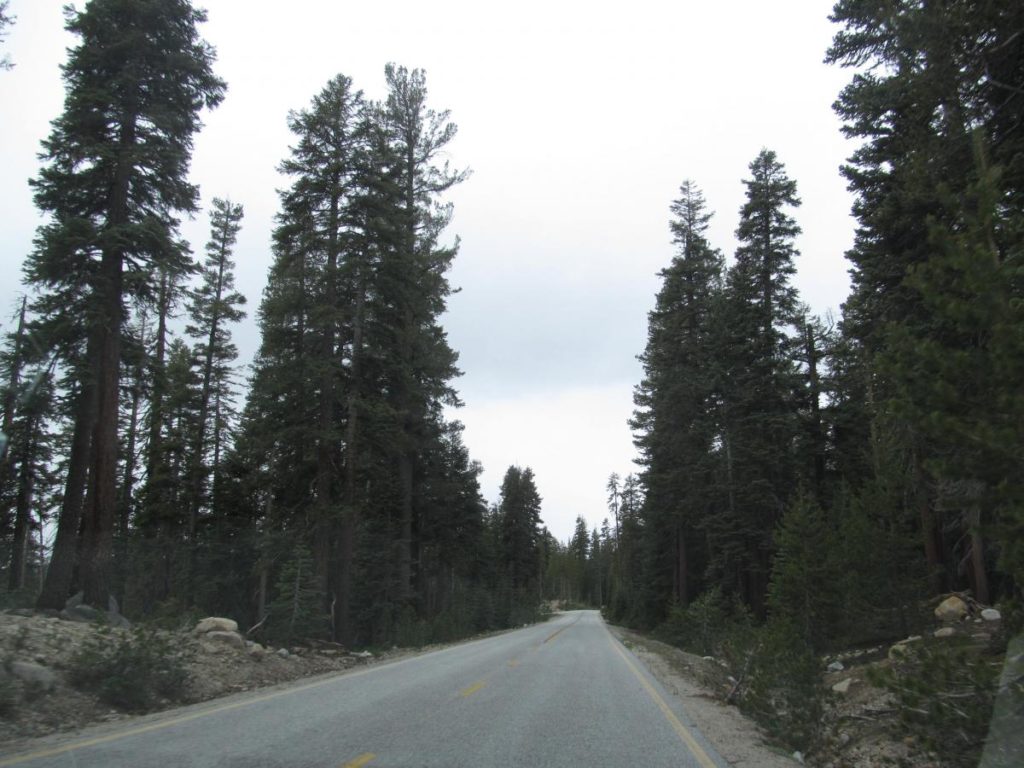By SAGE CRUSER

My dad’s black mutt slunk up to the front porch, looking slowly back and forth and crouching down low to the ground. I knew that body language: she was unsure of how a gift she had for us would be received. Her mouth was full of something. “Spit it out, girl,” I commanded. She gently separated her jaws and rolled a small brown ball of fur off her tongue. It was a wild baby rabbit, so small that at first I thought it was a mouse. But then I saw its ears and pink nose, and, as any nine-year-old girl would, I jumped and let out a squeak. Then I composed myself by taking a deep breath and patted my dog on the head. “Good girl, Macy. I’ve got it from here.”
Cold and covered in slobber, but unharmed, the rabbit lay still in my palm. Its eyes weren’t even open yet, and it wasn’t capable of sitting up, let alone hopping. “Welcome to the world, little one,” I whispered. “I’m going to take good care of you.” And I truly believed I could.
My dad told me I’d have to keep it at my mom’s. “She’s the one with the animal know-how,” he said as he flipped to the crossword section of Sunday’s New York Times. His tone was in sharp contrast to my own. I had to get back to my mom’s right away so I could begin my new role as Rabbit Mother.
My dad had phoned ahead to let my mom know what the fuss was all about before he made the drive on unforgiving Oregon backroads to her farm in Damascus. I was just a passenger, unaware of the responsibility that comes with driving a two-ton bullet on pothole-ridden pavement. Dark green fir trees lined the road, and I felt then as if they peered down at me with skepticism while I held the little life in my hands. I knew they hadn’t forgotten when I tried and failed to take care of the small injured bird I’d brought home the previous fall. Trees never forget anything.
I’d left that bird alone with a broken wing when no one else could take care of it while I was at school. Our cat, who was usually outside anyway, forced my lockless door open and decided to have it for lunch. But now, I had grown; “Matured,” I told myself. I was smarter and would make sure I thought of everything. I met the blurred gaze of the trees through the truck’s side window, more determined than ever, when the left front tire of my dad’s truck sank into a water-filled pothole, causing my head to jerk towards his shoulder. I kept the rabbit close to my chest and my movement in sync with that of the truck. Down in my warm nest of fingers, the pink nose twitched slightly.
It was my dad’s weekend to have my older brother and me. His silence, which conveyed his irritation with driving me back, was only broken by the sound of him hocking a loogie out the window. In typical northwest Oregon fashion, the slightly overcast sky had turned dark gray on our way over, and it started pouring. Large raindrops pounded against the windshield. Even with the speed of the wipers turned up high, it was difficult to see the road. As we drove down the long gravel driveway to my mom’s place, her two pit bulls chased the truck, barking and wagging their tails in excitement. Mud splashed up from under their paws, covering their stomachs and legs in thick slops of brown.
My mom was waiting under the carport in muddy overalls, a flannel, and rain boots—her garden attire. Without skipping a beat, I said goodbye to my dad, hopped out of the car, and walked straight past my mom and into the house, only turning back to call out, “All right, Mom, the first thing we need to do is get her comfy.” I could tell she thought it was amusing, me being suddenly responsible, so she went with it. My dad backed out of the driveway, the dogs barking at him as he went.
My mom and I set up a shoebox in my room filled with old rags, food, and water, and I carefully placed the rabbit in its new nest and just stared at it for a while. I could have stayed in that moment forever. But forever for a nine-year-old doesn’t last that long, and soon I felt like we were missing something.
“It looks so cold,” I said, snapping my head in my mom’s direction.
She smiled and said, “I’ll go check the barn for some chick lamps.” Each year we bought new batches of chicks from the feed store up the highway. Sometimes they were raised to lay eggs, sometimes to be slaughtered. We kept them warm with heat lamps in a small cage until they were big enough to roam free in the coop. Even after seeing a few chicks get torn up by raccoons and dogs, I still couldn’t help but get attached to the fluffy things.
I stayed behind with the rabbit, petting it softly and wondering what it would be like to have such a tiny little heart. How could it possibly fit everything it needed to survive inside that compact space? Its nose twitched as I ran my finger over its ears and it nuzzled up to my warm skin. I imagined what it would look like when it grew up and how it would follow me around. I would come home from school and it would be there, ready to be cuddled.
My mom came back with a heat lamp and said, “I’ve got a good idea of how this should be done.” I trusted her. She grabbed some duct tape and proceeded to tape the cord to the wall, snaking it up until the lamp head hung above the rabbit and warm light filled every corner of the shoebox. “There,” she said with a dusting of her hands, “all set.”
I smiled a big smile, hugged and thanked her, then looked at my new friend one more time before going upstairs to the bathroom. Minutes later I smelled it: that putrid scent of something burning, and I ran downstairs to discover the heat lamp had fallen directly onto the rabbit. Its motionless right foot stuck out from underneath the metal rim. I lifted the lamp and flung it to the side, hoping there was still a chance that everything was all right. But there it was: the baby rabbit seared into the stained rag beneath, its tiny foot the only part of its body untouched by the bulb’s heat—like a nightmare good luck charm.
I couldn’t draw a breath, then it all came rushing back in one hurricane of a scream. My mom ran in from the other room and somehow knew what had happened before she even had a chance to take it all in. She held me close to her chest and let me cry, but as she apologized to me repeatedly for her poor rigging of the lamp, all I could do was look out my window at the trees and the rain, thinking I should be the one apologizing to them.
Sage Cruser is a teacher from Portland, Oregon.
Photo by Doug Kerr, Flickr Creative Commons




